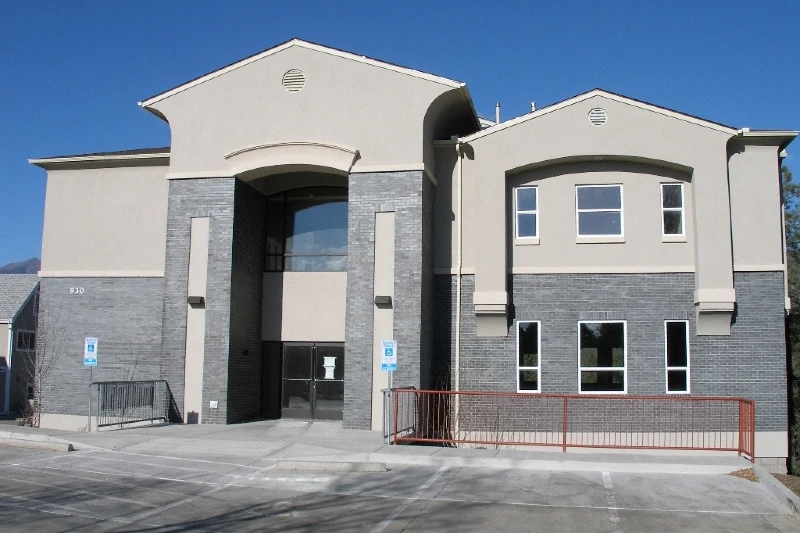
Driftwood Capital’s new luxury and lifestyle division will seek hotel deals domestically and overseas
Driftwood Capital has launched a new Driftwood Lifestyle & Luxury Division (DLLUX), focusing on managing, investing in, and developing luxury and lifestyle hotels and branded residences. Alinio Azevedo, former CEO of Aspen Hospitality, leads the division and is spearheading a dedicated investment fund targeting over $3 billion in assets across the U.S. and select international markets. At launch, DLLUX assumed oversight of 12 properties from Driftwood Hospitality Management, including The Scottsdale Resort & Spa and Hotel Rumbao in San Juan. The initiative aligns with evolving travel trends favoring immersive, bespoke experiences and aims to meet the growing demand from affluent travelers seeking high-end accommodations.

Developers use branded condos to finance luxury hotels as some lenders back off
Luxury labels like Mercedes-Benz, Dolce & Gabbana and Baccarat now lend their names to condo projects, letting developers pre-sell “branded residences” to fund new five-star hotels at a time when banks are wary of hotel loans. Buyers pay a premium for the cachet and perceived quality, brands collect naming-rights fees, and developers secure cheaper capital—making these condos the financial linchpin for high-end hotel construction in hotspots such as South Florida and Dubai.

Blackstone real estate debt fund closes with $8 billion in commitments
Blackstone has closed its latest real estate debt fund, Blackstone Real Estate Debt Strategies V, with $8 billion in total capital commitments, making it one of the largest private commercial property lending sources globally. The fund has attracted significant investments, including $1.5 billion from the California Public Employees’ Retirement System (CalPERS), which saw a nearly 5% increase in value. Despite the challenging fundraising environment due to high interest rates, commercial real estate lending has performed well, with major private equity firms seeing a rebound in capital raises. Blackstone’s debt strategies primarily focus on commercial property mezzanine loans and debt securities. The firm now manages $77 billion in assets within its real estate debt funds.

US has now canceled about one in 10 active federal commercial real estate leases
The Trump administration has significantly accelerated its pace of terminating commercial real estate leases for federal agencies, with over 500 new lease cancellations since Friday, now covering all 50 states. This move, led by the Department of Government Efficiency (DOGE), aims to reduce government expenses, affecting around 10% of active federal leases. While many terminations are for leases that had reached their termination rights date, some are for agreements with years remaining. The rapid cancellations are causing disruptions in the commercial real estate market, with potential long-term effects on property owners, service providers, and competition. The initiative could also lead to higher rents and more difficulty financing future government leases.

Million-Dollar Homes Skyrocket in Miami, as Starter Properties Go Extinct
In Miami, the luxury housing market has surged as wealthy buyers push home prices to unprecedented levels, making entry-level homes increasingly scarce. Between 2019 and 2024, sales of single-family homes under $500,000 dropped by nearly 80%, while the market for homes priced between $500,000 and $1 million saw significant growth. High-end sales have skyrocketed, with the number of homes sold for over $10 million rising by 248% since 2019, and the luxury threshold for single-family homes now reaching $3.3 million. The shortage of affordable homes is exacerbated by limited inventory, high construction costs, and owners holding onto properties. Despite challenges like rising sea levels and insurance costs, Miami’s allure for the ultra-wealthy continues to drive the market upward.
